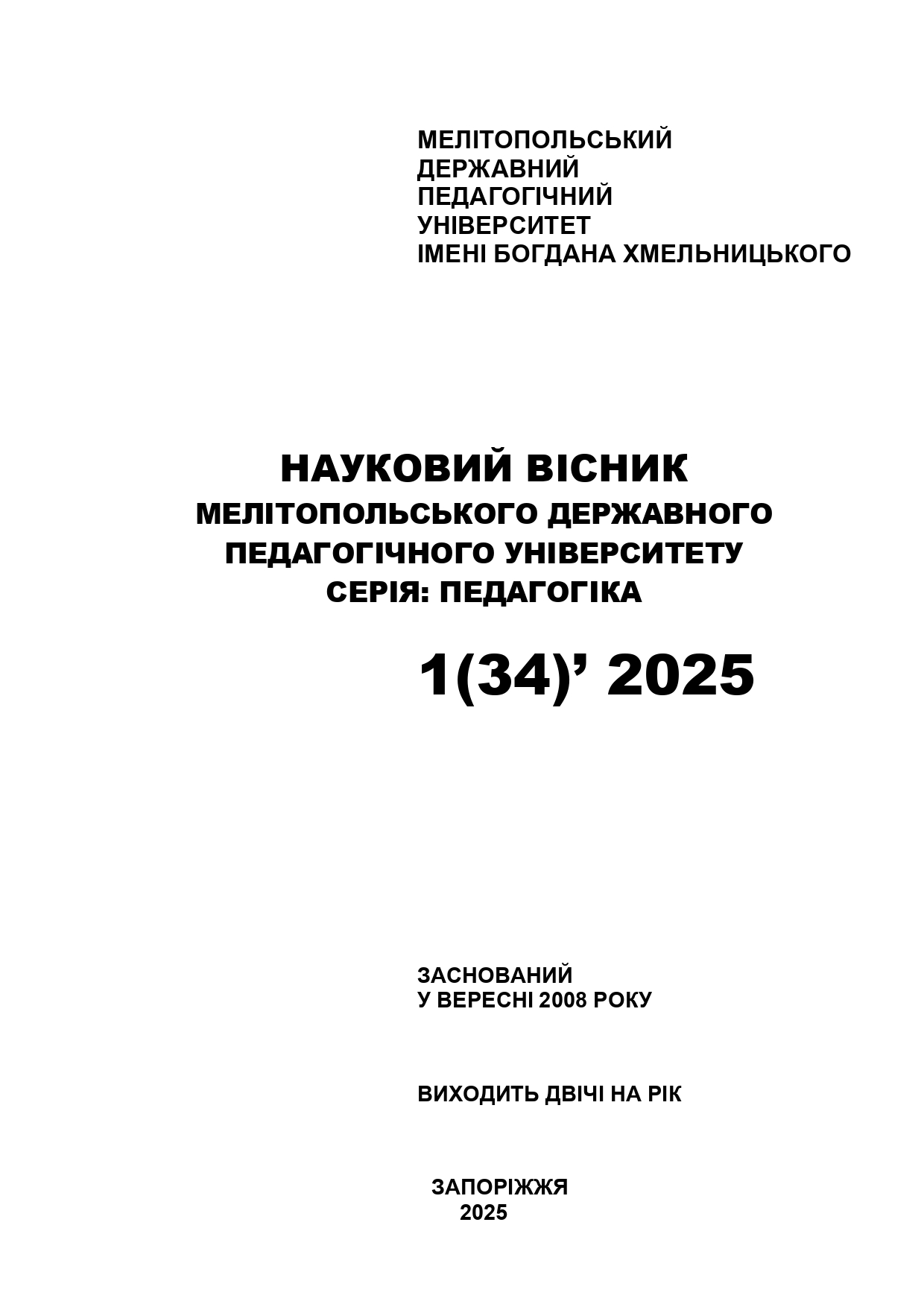Communicative competence as a component of professional success: an interdisciplinary approach to learning
Abstract
The article explores the pivotal role of communicative competence as a fundamental
component of a modern specialist’s professional success. Given the increasing
complexity of professional interactions in today’s globalized and digitalized world, the
study underscores the necessity of a multidisciplinary approach to developing
communication skills. This approach integrates knowledge from diverse fields such as
linguistics, psychology, rhetoric, sociology, pedagogy, and professional disciplines,
ensuring a well-rounded and practical foundation for effective communication.
The paper identifies and analyzes key factors that influence the formation of
communicative competence, including cognitive and emotional dimensions, personal
characteristics, and the sociocultural context. It highlights the interplay between these
aspects in shaping an individual’s ability to engage in meaningful and efficient
communication across various professional settings.
A particular focus is placed on the implementation of an interdisciplinary approach in the
educational process. The study examines innovative teaching strategies that enhance
communicative competence, such as interactive learning methods, project-based
learning, case studies, role-playing simulations, debates, and reflective practices.
Additionally, the paper explores the integration of modern digital technologies, online
communication platforms, and AI-driven tools to support and enhance communication
training.
Furthermore, the article outlines the future prospects for optimizing educational
programs, aligning them with the evolving demands of the labor market, the rapid digital
transformation of professional communication, and the need for lifelong learning. The
importance of fostering intercultural competence and emotional intelligence is
particularly emphasized, as these elements significantly contribute to specialists’ ability
to navigate diverse cultural environments, collaborate effectively in international teams,
and adapt to cross-cultural professional interactions.
The study ultimately advocates for a holistic and strategic approach to communicative
competence training, considering it a crucial factor in ensuring specialists’
competitiveness and adaptability in an ever-changing, multi-vector professional
landscape.




